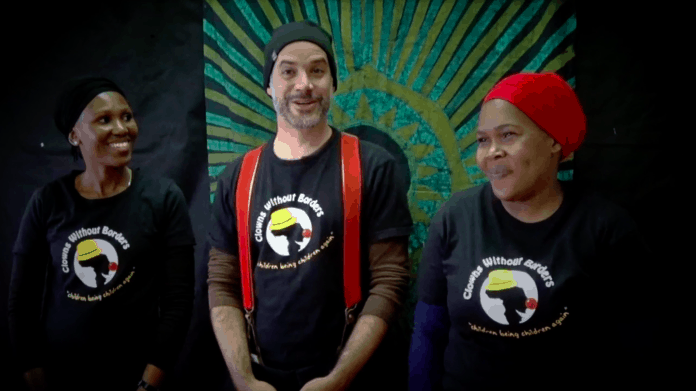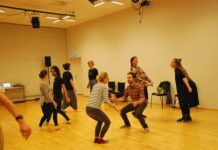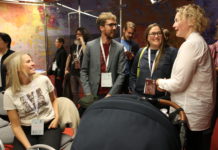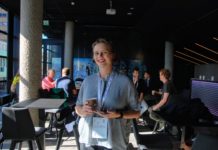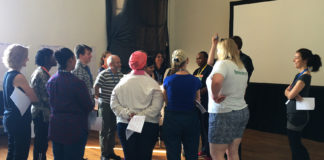Dialogue has been working with Clowns Without Borders South Africa to develop an audiovisual toolkit for their Parenting for Lifelong Health (PLH) Programmes.
In South Africa, the programme is referred to as the Sinovuyo Caring Families Programme, developed as part of Parenting for Lifelong Health, a partnership between the World Health Organisation, UNICEF, the Universities of Bangor, Cape Town, and Oxford, and Clowns Without Borders South Africa. ‘Sinovuyo’ translates from isiXhosa into English as ‘we are making happiness’.
Jamie Lachman, Founder and Executive Director of Clowns Without Borders South Africa, describes the project as aiming “to help families to get along better. By doing this we can reduce the risk of child abuse inside and outside the home”, whilst also acting to “improve child behaviour in vulnerable families through establishing positive relationships with children.”
The programme lists its goals as follows:
- To increase parenting knowledge, skill and sense of competence
- To improve positive parenting behaviour
- To improve parental supervision of children
- To decrease inconsistent and harsh discipline
- To improve child behaviour and wellbeing
- To improve caregiver mental health and social support
- To improve knowledge and use of social services for intimate partner violence, HIV and other illnesses
- To improve engagement in school and early childhood learning
- To improve adherence to medication and disclosure of illness
The toolkit that Dialogue has been working on, which complements the written curriculum material, is intended to aid the training of new programme facilitators. The 67 resources that have been produced include both video and audio materials (in both English and isiXhosa) and cover a range of Energisers, Songs, Stories and Mindfulness Activities.
Whilst the toolkit is not being made publically available, you can look at the videos below to get a flavour of the tools being used on the Parenting for Lifelong Health (PLH) Programmes:


